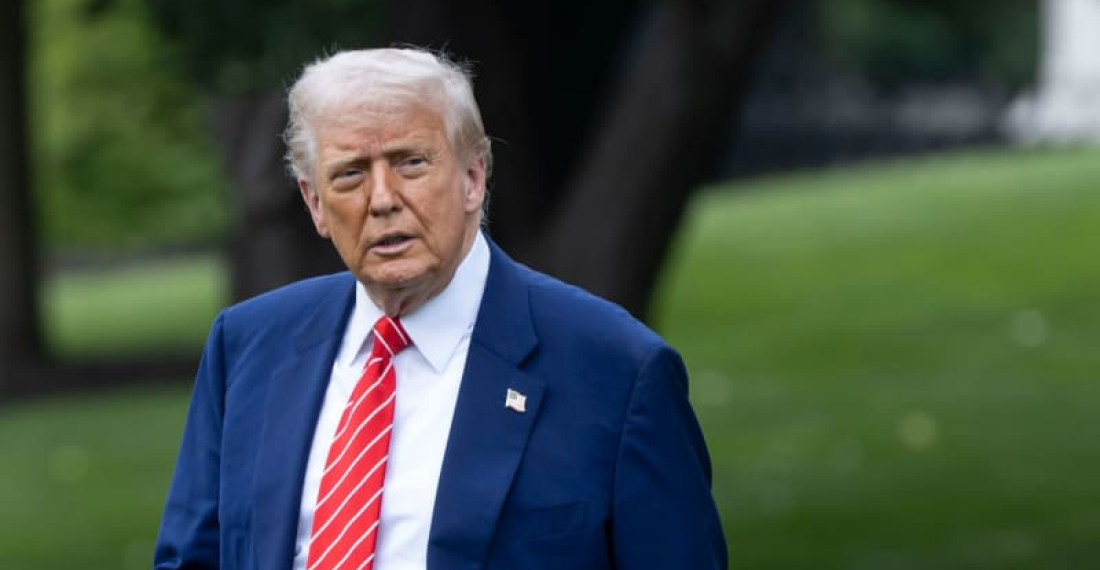US President Donald Trump will attend the NATO summit in The Hague later this month, the White House announced on Tuesday evening (3 June). Trump had previously left it unclear whether he would attend the conference of the Western military alliance in the Netherlands. However, he had informed Prime Minister Dick Schoof (now outgoing) of his attendance, which the Dutch government had previously announced.
The planned NATO summit will focus on the established standard of how much countries should spend on defence as a percentage of their gross domestic product (GDP). Currently, this financial commitment is set at 2% of GDP, a target that many countries have ignored for years.
In three weeks' time, NATO leaders will debate raising this target in The Hague. Trump has been insisting for some time that the percentage should be increased to 5%. According to Der Spiegel, he linked this demand to his attendance, stating that if the other 31 member states did not agree to his proposed standard, he would not travel to The Hague. Ultimately, however, he did not follow through on this threat.







